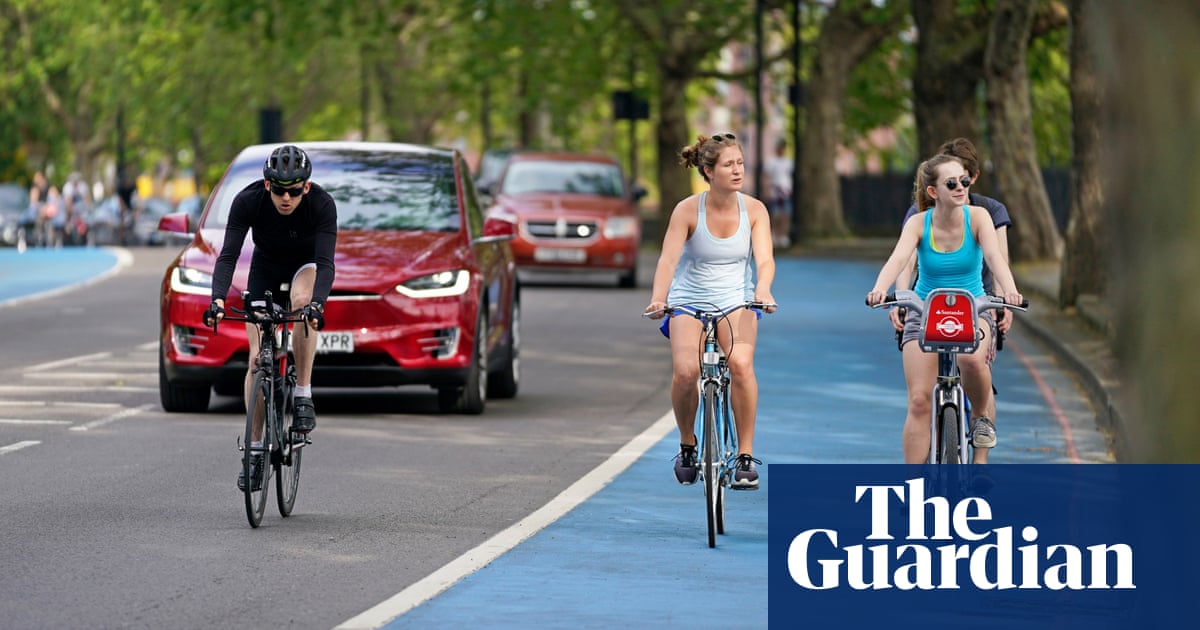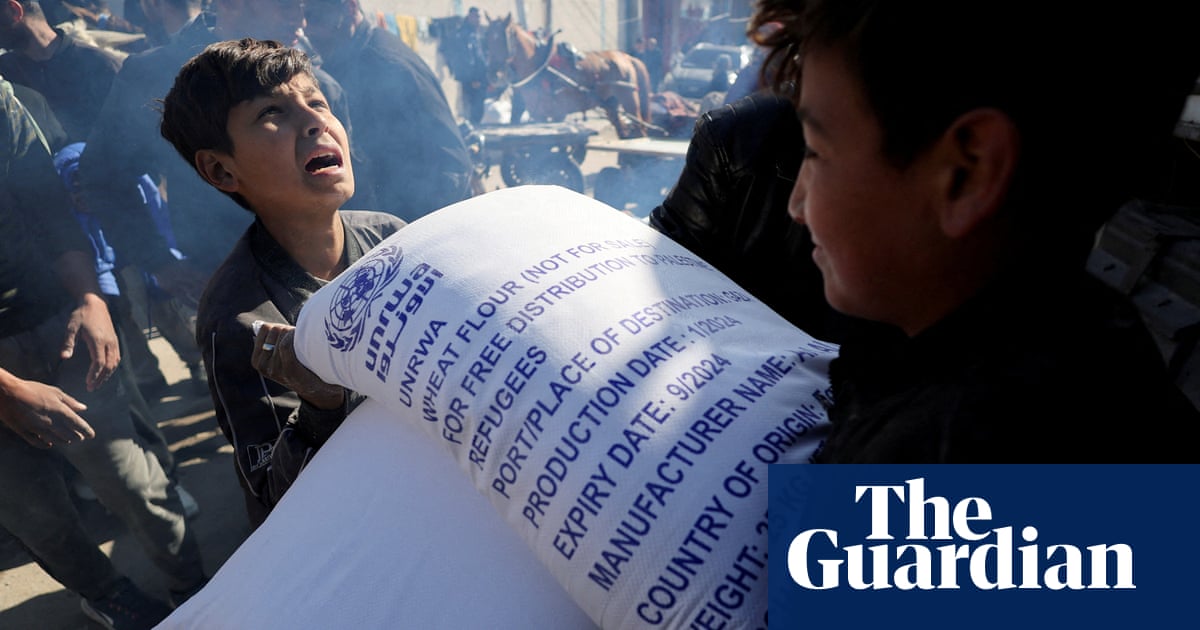
Job cuts in nature reserves and environmental rollbacks by governments during the Covid-19 pandemic could undermine global efforts to conserve biodiversity and tackle the climate crisis, according to new research.
Budget cuts and a collapse in ecotourism revenue have forced national parks and conservation organisations to make staff cuts and reduce activities such as anti-poaching patrols, with Asia and Africa severely affected.
Brazil, India and the US have also emerged as “hotspots” for cuts to environmental protections during the pandemic, with all three among several countries considering proposals to allow mining and fossil fuel extraction in protected areas.
Examples included in the report are proposals by the Brazilian government to allow mining and fossil fuel extraction in indigenous reserves, new permits in Russia that allow deforestation in natural areas for transport and infrastructure, and progress on plans to explore and drill for oil and gas in the US Arctic.
The findings come in a collection of research papers published in a special issue of the journal Parks by the International Union for Conservation of Nature (IUCN), which seek to understand the consequences of the Covid-19 pandemic on the environment.
Brent Mitchell, co-editor of the journal, said: “What we learnt from our 150 contributors is this: if the shock of Covid-19 is not enough to make humanity wake up to the suicidal consequences of the destructive course of much misguided development, with its onslaught on nature, then it is hard to see how further calamities – far worse than the current pandemic – can be avoided.”
His comments echo those of the UN secretary general, António Guterres, who has warned: “Humanity is waging war on nature. This is suicidal.”
A survey of park rangers in more than 60 countries found that about one in five had lost their jobs because of pandemic-related budget cuts, with those in Latin America, the Caribbean, Africa and Asia worst affected. More than half of protected areas in Africa reported that they had had to stop or reduce field patrols and anti-poaching operations.
While many protected areas have maintained core operations, communities living near nature reserves and national parks have been particularly hard hit by the economic consequences of the pandemic and drops in visitors.
“While the global health crisis remains the priority, this new research reveals just how severe a toll the Covid-19 pandemic has taken on conservation efforts and on communities dedicated to protecting nature,” said Dr Bruno Oberle, director general of the IUCN.
A review of Covid-19 economic recovery plans implemented or advanced between January and October 2020 found that while some governments included conservation areas and extra funding for nature, many have diminished environmental protections.
Rachel Golden Kroner of Conservation International, the lead author of the study on impacts of government stimulus packages, warned that the current crisis could not be allowed to further damage natural environments.
“If we are to build a sustainable future, rollbacks of environmental protections must be avoided, and recovery measures need to be planned in a way that not only avoids negative impacts on biodiversity, but charts a more sustainable and equitable way forward,” she said.
Reacting to the research, Carlos Manuel Rodriguez, head of the Global Environment Facility, an independent financial organisation that helps fund countries to meet environmental targets, said: “Investing in nature conservation and restoration to prevent the future emergence of zoonotic pathogens such as coronaviruses costs a small fraction of the trillions of dollars governments have been forced to spend to combat Covid-19 and stimulate an economic recovery.”












